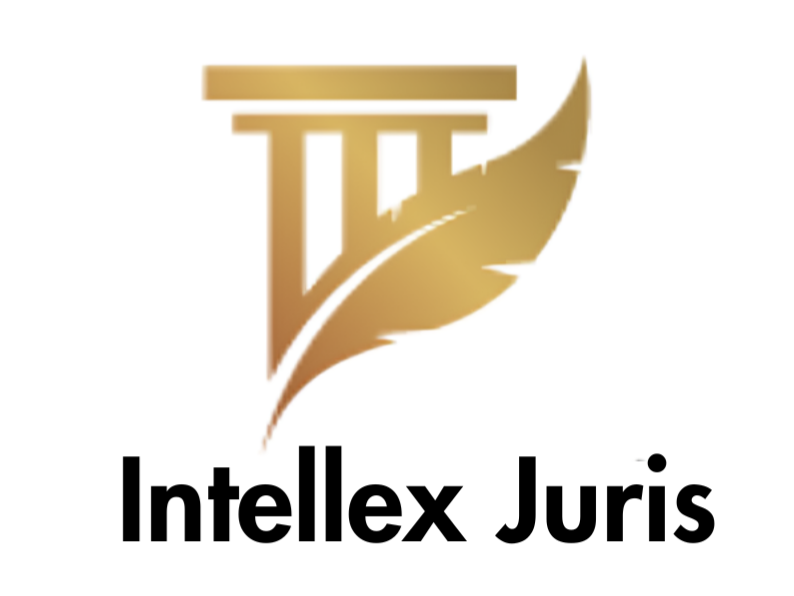Introduction
Expert Opinion under the Indian Evidence Act holds a very significant weight and legal proceedings. An ‘expert’ is defined as a person who possesses special knowledge, skill, or experience in any particular field under section 45 of the Indian Evidence Act. Expert opinion assists judges in the court to understand very complex matters that are beyond the scope of knowledge of any ordinary person.
Several factors are considered to ensure credibility and admissibility while presenting expert opinions in court. Qualifications of the expert, the relevance of their expertise to the case, the method used to arrive at the opinion, and the reliability of the facts upon which the opinion is based are considered before taking the expert opinion.
Expert witnesses can be important in various types of cases including medical malpractice, forensic investigations, intellectual property disputes, and more.
Expert Opinion
Under the Indian Evidence Act the admissibility of expert opinion is given under section 45 to section 51.
Section 45 defines expert which states that an expert is a person specially skilled in foreign law, science, or art, identity of handwriting or finger impression, and the genuineness of certain documents.
Section 45A deals with the opinion of the examiner of electronic evidence. It permits the court to admit opinions on the authenticity of electronic records if they are produced by a computer during the period over which it was regularly used and if the computer was operating properly during that time. The opinion must also be accompanied by a certificate identifying the electronic record containing the opinion. The opinion of the Examiner of electronic evidence is referred to in section 79A of the Information Technology Act, 2000.
Section 46 provides for opinions on the existence of certain facts such as the existence of a disease state of mind are the cows of death these opinions must be based on the personal knowledge of the expert or upon observation by them.
Section 47 states that when the court has to form an opinion after the person by how many documents were written a science the opinion of any person invented with the handwriting of the person who made the supposed to be written or signed it was or was not written by signed by that person is a relevant fact.
Section 47A states that the opinion of the certifying authority which issued the electronic signature certificate is relevant.
Section 48 deals with general custom full stop it allows for opinions on the customs or uses of a particular trader in the industry
Section 49 states that when the court has to make an opinion as to – the usages and tenants of any body of men and family, the constitution and government of any religious or charitable foundation, or the meaning of words or terms used in particular districts or by particularly classes of people, the opinion of a person having special means of knowledge thereon, are relevant facts.
Section 50 states that when the court has to form an opinion as to the relationship of one person to another the opinion expressed by conduct, Aster the existence of such relationship of any person who as a member of the family or otherwise special means of knowledge on the subject is a relevant fact.
Section 51 states that whenever the opinion of any living person is relevant, grounds on which such opinion is based are also relevant.
However the expert opinions are valuable but still, they are not binding upon the court. The judge has the prerogative to decide the weight to be given to an expert witness based on its relevance, consistency and credibility with other evidence presented before the court.
Evidentiary Value of Expert Opinion
Due to the specialised knowledge and experience of the expert witness it holds a very significant evidentiary value in legal proceedings. The Courts often depend on experts to interpret very complex evidence and explain technical concepts or to give light on
matters which is beyond the understanding of a layman. Expert Opinion can play a very important role in cases involving medical, scientific, forensic, or technical cases. The judges consider many factors while assessing the credibility and weight of expert witnesses which includes their qualifications, methodology, and the relevance of their opinions to the case. A very well-qualified expert with relevant experience can greatly influence the result of a trial by giving a persuasive analysis.
However expert opinions are not impeccable and may face challenges from defence counsel regarding bias, conflicting evidence, or the reliability of experts’ methodology. The courts also examine the basis of the opinions of the expert by ensuring that they are grounded in reliable data and supported by accepted scientific or professional standards.
Overall, the opinions of experts serve as a very important tool in legal proceedings which helps to clarify the complex issues of the court and assist the court in reaching reasoned decisions.
Conclusion
Expert opinion plays a very important role in Indian legal proceedings by providing special knowledge and insights to help the court in reaching a reasoned decision. The Indian Evidence Act sets out the parameters for the admissibility of expert opinion ensuring that they are based on sound methodology and expertise. The judge has the prerogative to decide the weight to be given to the expert witness based on its relevance, consistency and credibility with other evidence presented before the court.
